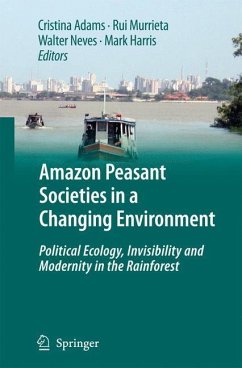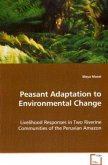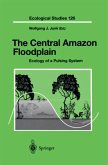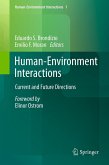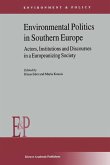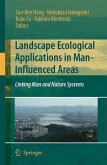Amazonia is never quite what it seems. Despite regular attention in the media and numerous academic studies the Brazilian Amazon is rarely appreciated as a historical place home to a range of different societies. Often left invisible are the families who are making a living from the rivers and forests of the region. Broadly characterizing these people as peasants Amazon Peasant Societies in a Changing Environment seeks to bring together research by anthropologists, historians, political ecologists and biologists.
A new paradigm emerges which helps understand the way in which Amazonian modernity has developed. This book addresses a comprehensive range of questions from the politics of conservation and sustainable development to the organization of women's work and the diet and health of Amazonian people. Apart from offering an analysis of a neglected aspect of Amazonia this collection represents a unique interdisciplinary exercise on the nature of one of the most beguiling regions of the world.
A new paradigm emerges which helps understand the way in which Amazonian modernity has developed. This book addresses a comprehensive range of questions from the politics of conservation and sustainable development to the organization of women's work and the diet and health of Amazonian people. Apart from offering an analysis of a neglected aspect of Amazonia this collection represents a unique interdisciplinary exercise on the nature of one of the most beguiling regions of the world.
From the reviews:
"This edition is an updated and translated version of Sociedades Caboclas Amazônicas: Modernidade e Invisibilidade, published in Portuguese in 2006 ... . The editors must be praised for bringing together theoretical essays and empirical studies in a complementary way. ... it will likely be of great interest to geographers occupied with political ecology, human-environment interactions, and rural smallholder studies. The volume constitutes an invigorating addition to U.S.- and Europe-based Amazonian research ... ." (Mario Cardozo, The Professional Geographer, Vol. 62 (3), August, 2010)
"This edition is an updated and translated version of Sociedades Caboclas Amazônicas: Modernidade e Invisibilidade, published in Portuguese in 2006 ... . The editors must be praised for bringing together theoretical essays and empirical studies in a complementary way. ... it will likely be of great interest to geographers occupied with political ecology, human-environment interactions, and rural smallholder studies. The volume constitutes an invigorating addition to U.S.- and Europe-based Amazonian research ... ." (Mario Cardozo, The Professional Geographer, Vol. 62 (3), August, 2010)

